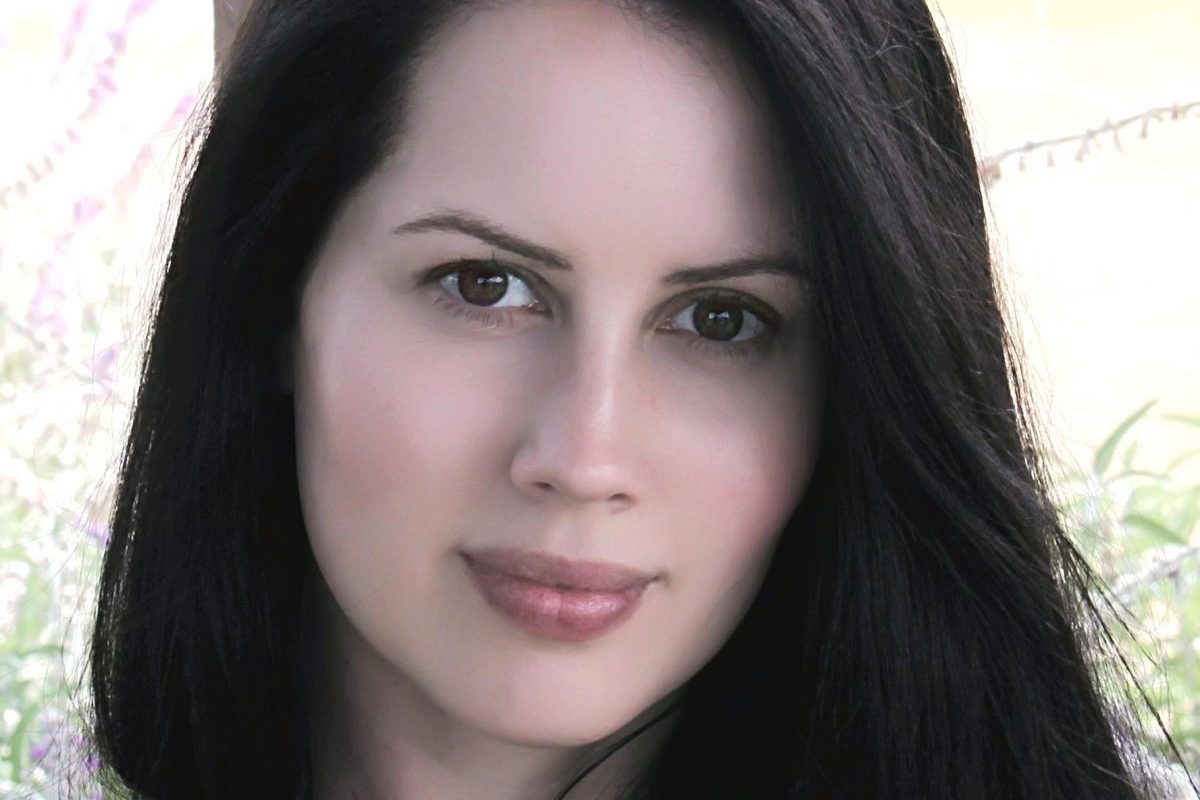Samantha Prime is a final year PhD candidate of Queensland University of Technology (QUT), her field of research is paediatric respiratory illnesses. She talks to the Australian College of Nursing about suspending her thesis and commencing work at a COVID19 clinic.
Elaborating on her current role, Samantha says, “For the last seven years I have been working in paediatric respiratory research under Professor Anne Chang, senior respiratory physician and clinical lead of the Cough Asthma and Airway’s Research Group in Brisbane. In this capacity, I have worked as a research nurse, and am now completing my own PhD through the Institute of Health and Biomedical Innovation, QUT which was due for submission this year.”
Samantha’s PhD has focused on evaluating the cost and quality of care for children with chronic wet cough in Australia, and the impact that variability of care has on patient outcomes. “Having completed my clinical work and data collection, I have spent the last year working remotely on data analysis, writing journal articles and compiling my thesis.”
Samantha is one of many who have recently joined the COVID-19 workforce to ease the workload pressure on health care workers dealing with the pandemic in Australia. Samantha explains, “My re-entry to clinical work was initiated of my own accord in early March once I had completed a 6-week program as a Summer Scholar with the Deeble Institute of Health Policy Research in Canberra. This transition coincided with the government’s request for non-clinical and retired staff to re-join the clinical workforce, so I am one of many putting their hand up, and scrubs back on.”
Given her field of research and clinical experience, Samantha felt the sense of responsibility even more acutely. “While the narrative surrounding ‘vulnerability’ to COVID-19 has focused largely on the more chronologically senior members of society, and those with underlying health issues, there are many children with chronic underlying respiratory illnesses such as bronchiectasis that are yet to be diagnosed. These children are subsequently very vulnerable to experiencing the deleterious consequences of COVID-19, though are much less likely to be detected given the similarities between their ‘normal’ symptoms, and those seen with COVID-19,” she says.
Although Samantha’s role at Townsville Hospital is yet to be finalised – and is likely to change regularly based on epidemiological patterns of disease transmission within the local community and government policy initiatives – she has indicated her willingness to support the current workforce in whatever role is deemed necessary. Given her previous clinical role collecting the very type of sample necessary for COVID-19 testing, she thinks it is likely that she will be undertaking symptom screening and specimen collection.
Although transitioning into a new role, Samantha feels prepared given the recency of her clinical work, research and high degree of vigilance surrounding the correct donning and doffing of PPE. “In saying this, I am also not naïve to the increased risks posed. However, knowing that my re-entry to clinical work is based on societies ‘need’ and not my ‘want’ is enough to allay any reservations I may have,” she adds.
Of course, with the right professional support, she expects the transition not just to be smooth, but successful too. “I anticipate that the support will be extensive including standard workplace human resource structures as well as broader education and advocacy of institutions such as ACN. There are many active voices on social media nowadays linking clinicians with rapidly evolving evidence-based research that importantly informs clinical care. I envisage this will continue to be a stable source of information for me, bypassing traditional and slower forms of communication and education,” Samantha says.
“I do hope that from a nursing perspective, professional leadership will become more vocal in this space using social media to communicate more directly with the workforce – like other clinical professions. It is very important to have a clear national voice of information relevant to nurses and one who is also an active advocate both politically and publicly.”
She concludes, “Having followed the evolution of COVID-19 in China closely I knew that, should the virus pose a threat to Australians it would be my duty to support my colleagues and the community in preparedness and response efforts. I’m thankful that I can contribute in a time of need.”





